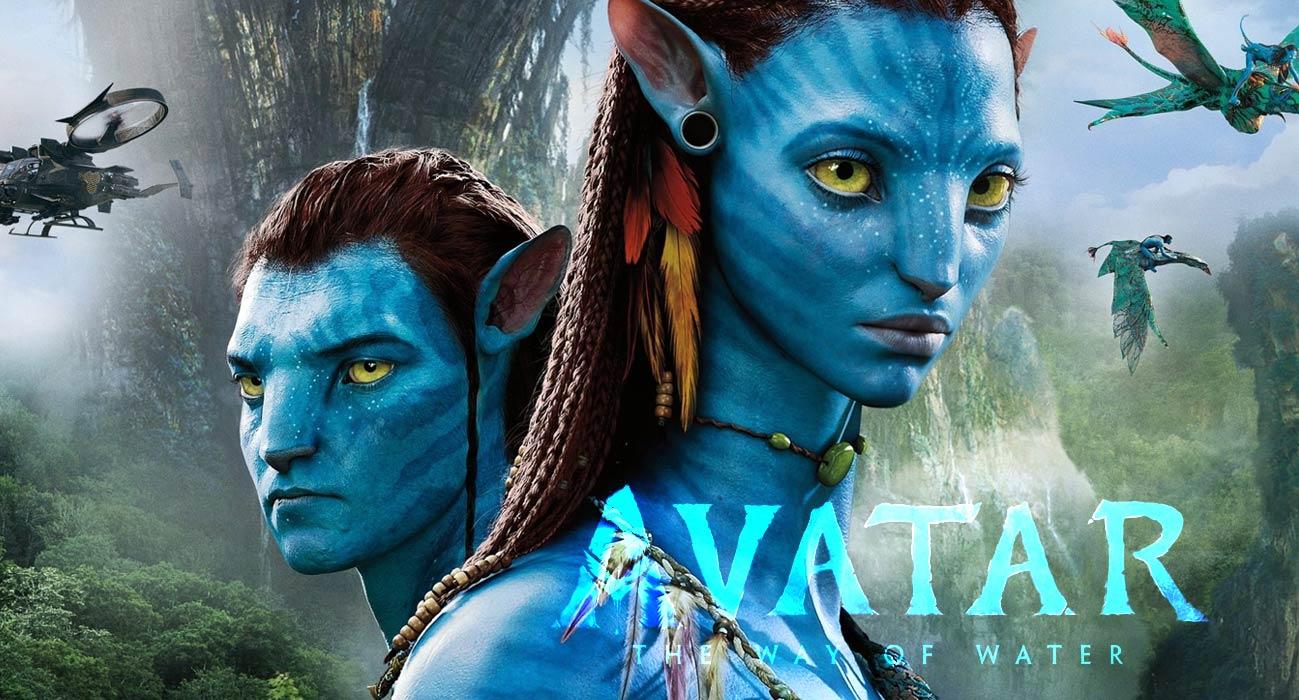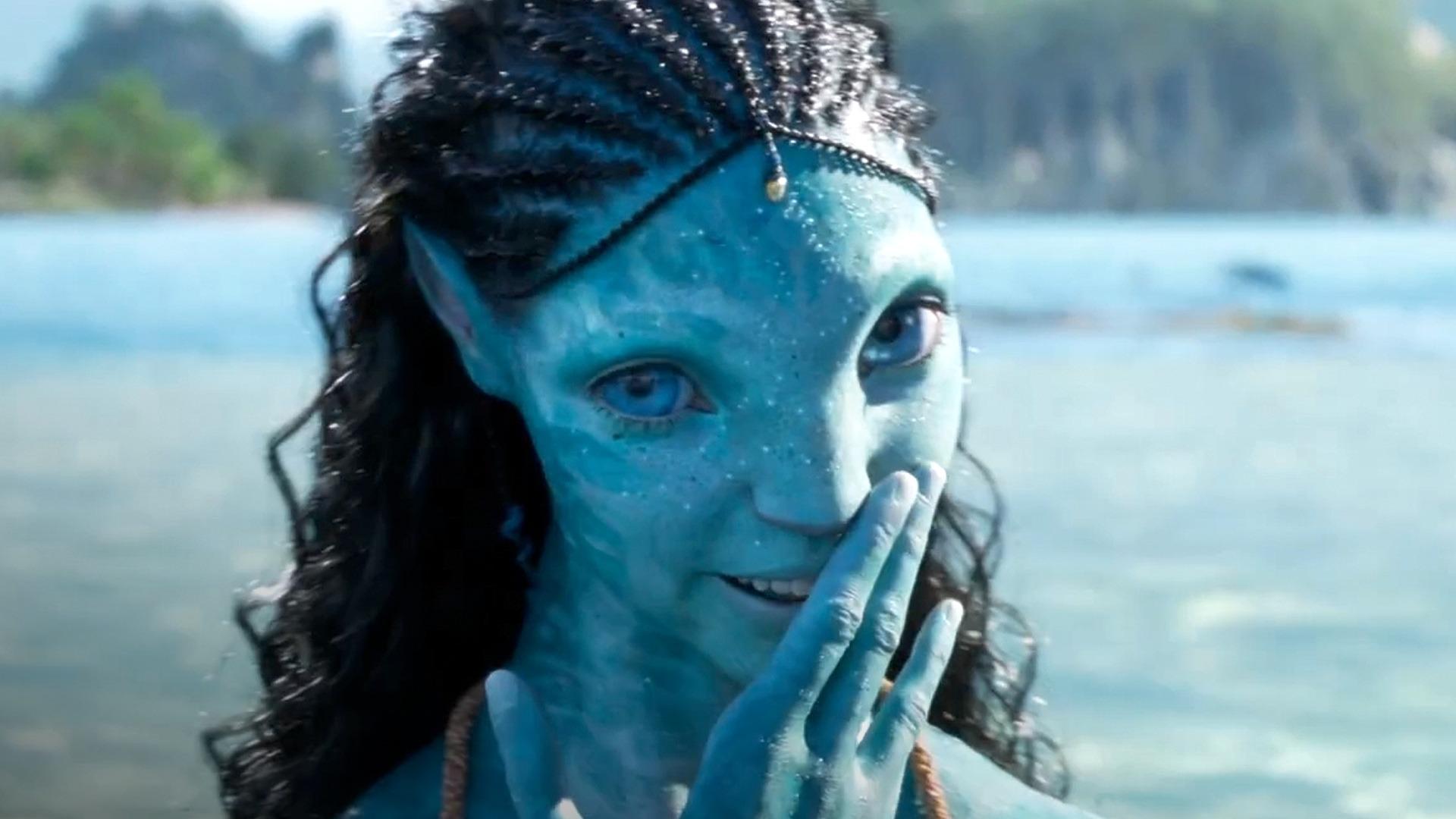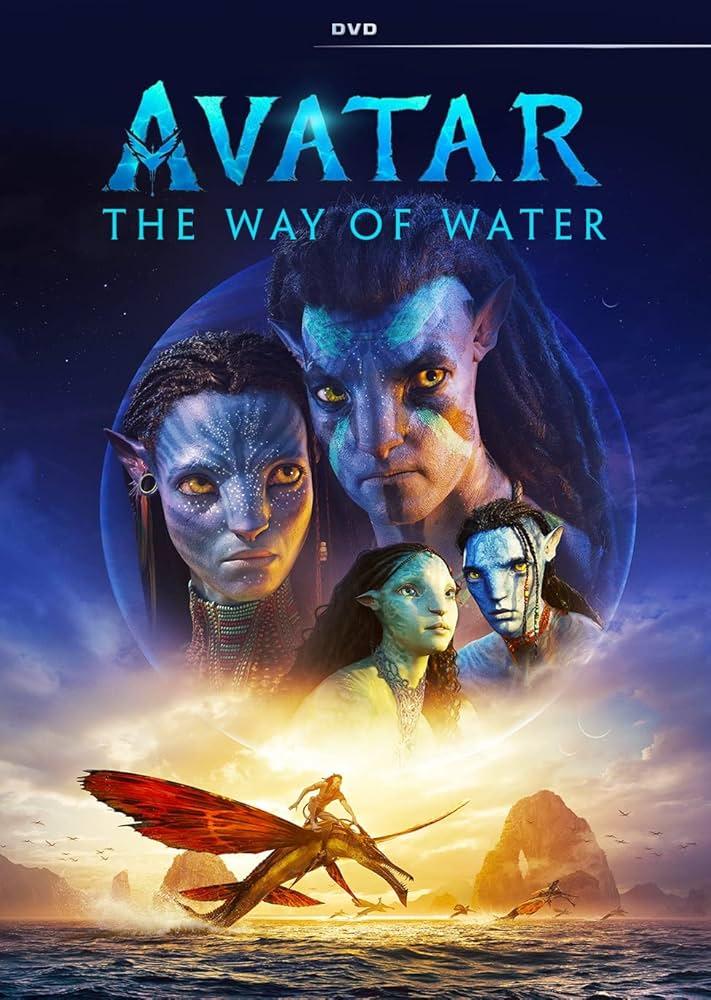In the realm of cinematic marvels, few films have captured the imagination quite like James Cameron’s ”Avatar.” With its groundbreaking visuals and epic storytelling, it redefined what audiences could expect from a trip to the theater. Now, over a decade later, the saga continues with “Avatar: The Way of Water.” This much-anticipated sequel promises to plunge viewers into the depths of Pandora’s oceans, exploring new frontiers of technology and narrative. In this comprehensive critique, we will dive beneath the surface to unravel the layers of this aquatic odyssey. From its stunning visual effects to the intricacies of its plot and character development, we will examine every aspect of the film that makes it a worthy successor to its illustrious predecessor. Whether you’re a die-hard fan or a curious newcomer, this article is your ultimate guide to understanding the allure and ambition of “Avatar: The Way of Water.” Prepare to embark on a journey that promises to be as deep and immersive as the oceans it explores.
Exploring the Depths: Visual Mastery and Cinematic Innovation

In Avatar: The Way of Water, James Cameron redefines the boundaries of visual storytelling, weaving a tapestry of color and movement that immerses audiences in the otherworldly beauty of Pandora. The film’s groundbreaking use of 3D technology is more than a mere spectacle; it’s a masterclass in how to enhance narrative depth through visual innovation. Cameron’s commitment to pushing the envelope is evident in every frame, where the aquatic landscapes come alive with bioluminescent flora and fauna, captivating viewers and pulling them deeper into the narrative currents.
- Advanced Motion Capture: Pioneering underwater motion capture techniques bring an unprecedented level of realism to the Na’vi’s interactions with their environment.
- Visual Effects: Seamlessly blending CGI with live-action footage, the film creates a hyper-realistic depiction of Pandora’s oceans.
- 3D Immersion: Utilizing cutting-edge 3D cameras, the audience experiences a visceral sense of being submerged in Pandora’s aquatic world.
Through these visual advancements, Cameron not only crafts an awe-inspiring cinematic experience but also sets a new standard for future filmmakers. The meticulous attention to detail and innovative use of technology ensure that Avatar: The Way of Water is not just a sequel, but a monumental leap forward in the art of cinema.
Unveiling the Narrative: Storytelling Strengths and Shortcomings

The narrative landscape of “Avatar: The Way of Water” is both a triumph and a trial, weaving together stunning visuals with a storyline that occasionally struggles to keep pace. James Cameron continues to excel in world-building, crafting an immersive universe where the oceans of Pandora become a character in their own right. The film’s storytelling strengths lie in its ability to transport audiences into a realm of unparalleled beauty and wonder, creating an emotional tapestry that resonates with viewers long after the credits roll.
However, the film’s narrative is not without its shortcomings. Some viewers may find the plot somewhat predictable, as it revisits familiar themes of environmentalism and the clash between technology and nature. Character development is another area where the story could have delved deeper. While the visual spectacle is undeniable, the emotional arcs of key characters occasionally lack depth, leaving audiences yearning for more intimate connections. Key storytelling elements include:
- Visual Immersion: A breathtaking dive into Pandora’s aquatic world.
- Recurring Themes: Echoes of the original film’s environmental and cultural narratives.
- Character Dynamics: Potential for deeper exploration of character relationships.
Character Arcs and Development: A Deep Dive into Emotional Resonance

In Avatar: The Way of Water, the emotional core of the narrative is intricately woven through its character arcs, providing viewers with a profound sense of connection and transformation. Jake Sully continues his journey from the first film, evolving from a warrior to a leader, grappling with the complexities of fatherhood and responsibility. His arc is not merely about action but delves into the emotional turmoil and sacrifices that come with leadership. Neytiri, on the other hand, remains a formidable presence, her arc further enriched as she balances her fierce independence with the nurturing instincts of motherhood. Her development reflects a profound inner strength that resonates deeply with the audience.
- Exploration of New Cultures: The introduction of the Metkayina clan provides a fresh dynamic, challenging existing characters to adapt and grow.
- Interpersonal Relationships: The film intricately examines the bonds between characters, from familial ties to alliances, enriching their arcs with layers of emotional depth.
- Environmental Themes: Characters’ interactions with their surroundings emphasize their growth, highlighting their evolving relationships with the natural world.
Each character’s journey is meticulously crafted to ensure that their emotional evolution is not only believable but also impactful, leaving a lasting impression on the viewer. Through these arcs, the film transcends its visual spectacle, rooting its narrative in a rich tapestry of human experience and emotional resonance.
Future of Pandora: Lessons and Recommendations for Upcoming Sequels

As we gaze into the horizon of Pandora’s narrative evolution, several key lessons emerge from “Avatar: The Way of Water” that could shape the trajectory of future sequels. One critical insight is the emphasis on rich world-building. Audiences have shown an insatiable appetite for exploring Pandora’s diverse ecosystems, and upcoming films should delve even deeper into its uncharted territories, offering viewers new realms and cultures to discover.
- Deepening Character Arcs: Characters should evolve in complexity, offering arcs that resonate with the human experience and mirror the multifaceted nature of their world.
- Cultural Exploration: Dive into the indigenous cultures of Pandora, showcasing their traditions, languages, and philosophies to create a tapestry of authenticity.
- Technological Innovation: Continue to push the boundaries of visual effects, setting new benchmarks for cinematic experiences.
- Environmental Themes: Amplify the underlying environmental messages, reflecting contemporary global concerns while inspiring actionable change.
By focusing on these elements, the sequels can not only captivate audiences but also solidify their place as cultural touchstones in the realm of science fiction cinema.


